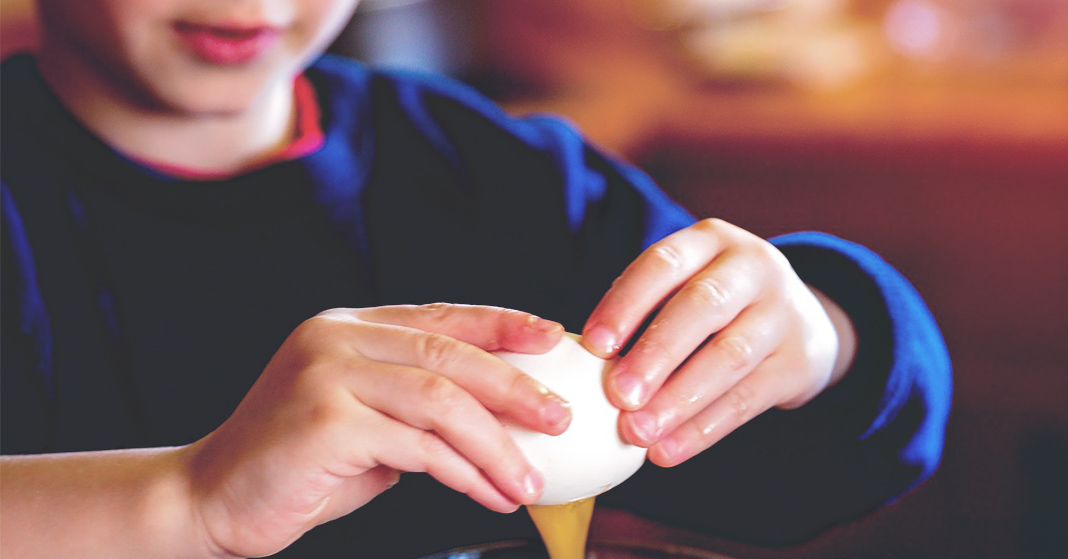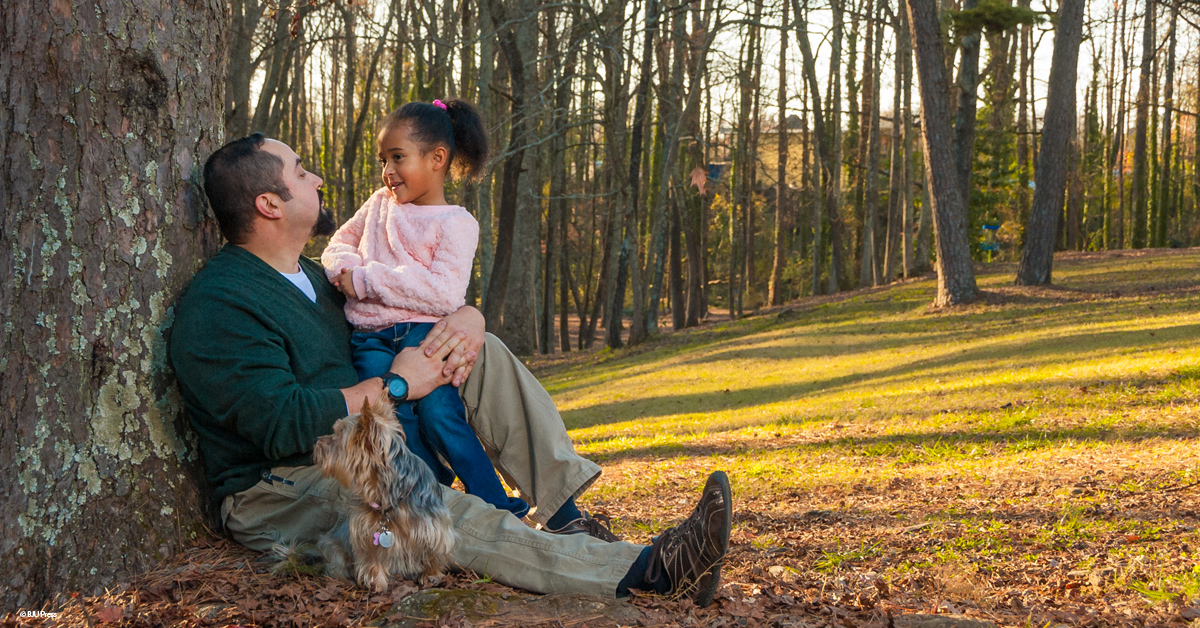
What do your children need to be able to do in order for them to be prepared for their future jobs? In a previous post, we explored some of the 21st century skills that educators have identified as key for students’ success and that we believe will help students be effective servants of Christ, their families, their communities, and their employers.
life skills
Life Skills Come from Life

As a mom, I wanted to prepare my two boys to be fully capable adults and help them show love for others. As they were growing up, I found that life skills—though, at the time, I didn’t think of them as life skills—were the best way to get my boys where they needed to be. Cleaning, organizing, cooking, handling finances—these are all key in helping children show love. And I learned early on that the best way to teach life skills was by keeping my boys involved.
Enabling children to help when they’re young
Little kids love being involved, and they love helping. I may have been blessed with two boys who enjoyed being involved, but I also tried to encourage that love. Whenever my husband or I was cleaning, my boys would want to help out. But at first, there were a lot of things they couldn’t manage. Our adult dishes were heavy and easily chipped, the vacuum was large and heavy, and our broom was far too tall for a little kid to hold.
Instead of waiting until they were older, I just got more kid-friendly things. I traded out my big plates for light ones that the boys could carry, and I got the cheapest, lightest vacuum I could find. I even got little brooms and dust pans they could use to sweep up their crumbs after meals. They didn’t always do a good job, but they were learning motor skills and coordination—and they were helping Mom.
Teaching new life skills as they come up
I have boys. Boys eat—a lot! And, since we homeschooled, they thought they could eat pretty much whenever they wanted. They loved helping out in the kitchen, and since they enjoyed eating, I taught them how to cook. So when it was time to eat, and I was making one thing, they could make whatever they wanted for themselves. And today, they both really enjoy cooking all kinds of things.
As they grew older, they showed interest in watching their dad do taxes each spring. He would explain what he was doing and how he did it. Now that they both have jobs of their own, they know what to do, and my husband can advise them.
All these things that kids should learn as they grow up are a part of life. We didn’t have to spend class hours teaching life skills. Since my boys were actively involved in our lives, we had the opportunity to teach them new skills as they came up. And today, I hope they can see that cooking, cleaning, and other life skills are a ministry. My sons can show love to my husband and me by helping around the house. When they get married and have families of their own, they’ll be able to show love to their wives by taking on additional chores. But it all starts when they’re little and they just want to put the dishes away, saying, “I help, Mommy!”
Things kids can learn at home but can’t learn in a classroom

I wasn’t homeschooled, but a lot of the most valuable skills and ideas that I use as an adult are things I learned outside the classroom. Sharing as much time as possible with wise family members made me who I am. I’m grateful for the time they spent with me. I plan to homeschool my son, and one of the reasons is that I believe homeschooling will make it easier for me to pass on to him the lessons I learned from my family.
My father owned his own business. During the summers, he would take me on his rounds as often as possible. The benefit was immeasurable. I saw how to work with people, how to build relationships, and how to effectively organize time. We would often shop for business supplies, and he always let me help him find the best prices. I was learning life skills that most of my peers didn’t learn until much later.
Now I understand that not everyone has the kind of flexibility or resources that my dad did, but the point is that including your children in the day-to-day activities of adult life has huge benefits. Many of today’s young adults who did not have as much interaction with “adult tasks” have no idea how to do basic things such as balancing a household budget, cooking a meal, repairing a toilet, or adding wiper fluid.
I also remember my mother patiently letting me measure out each ingredient in measuring cups when I would help her cook. Today my wife is glad that I can give her a break every once in a while and prepare a halfway decent meal, or team up with her in the kitchen for more elaborate creations. Here’s a blog post about one way to get your kids involved in the kitchen.
You have valuable skills to share with your children, and homeschooling makes that easier since they’re with you throughout the day. Maybe it’s running your errands with you, working on that household project, or shopping for car insurance. Let them look over your shoulder and help when they can. Maybe you can even tie the activity to what they’re learning. Kids should be kids, but I think it’s important not to shelter them from the responsibilities they will face in life. They’ll thank you later.
Share the valuable lessons that you learned from being at home with your parents in the comments below!
Why Do You Homeschool? Additional Reasons
Over the last several weeks we’ve shared with you some of the reasons Deborah chose to homeschool her kids. As we wrap up this blog series, consider these additional factors that prompted her decision.

- Eliminating negative peer pressure—Although you might think that homeschooling would limit your child’s interaction with other kids his age, in actuality, it limits the amount of negative peer pressure your child receives. Homeschooling has changed drastically in just the last decade, and there are so many opportunities now for parents of homeschool kids to be selective about the kinds of social interaction their children participate in—cutting down on the bullying and the peer pressure to make poor choices.
- Interacting with people of all ages—Another boon of homeschool education is that, not only do you get to tailor your child’s interaction with other children their age, but you can also choose to expose them to various age groups as well. Bring them along with you when you meet with other adults. Each generation has its own stories and wisdom to share, and the ability to converse with people outside of one’s age group is quickly becoming a lost art that needs to be revived.
- Teaching a good work ethic and practical life skills—This goes along with other areas already covered in this blog series. When you can supervise what your child is learning and you have the extra time to spend together as a family, you can teach your child that “whatsoever ye do, do it heartily, as to the Lord, and not unto men” (Colossians 3:23)—not just the what but also the why.
There are so many other good reasons why homeschooling is a terrific option! Deborah definitely doesn’t regret it, and many other homeschool parents are thankful that they chose this path for their family.
What reason for homeschooling would you add to this list? Please let us know in a comment below—we want to hear from you!
• • • • •
A Creative Writing graduate of Bob Jones University, Hannah worked for BJU Press for almost nine years as a writer and proofreader. Currently a coffee barista and freelance writer, she also tutors one student in French. While Hannah herself was not homeschooled, her experience in tutoring and teaching violin have shown her how beneficial one-on-one education can be. She hopes to homeschool her own kids someday.